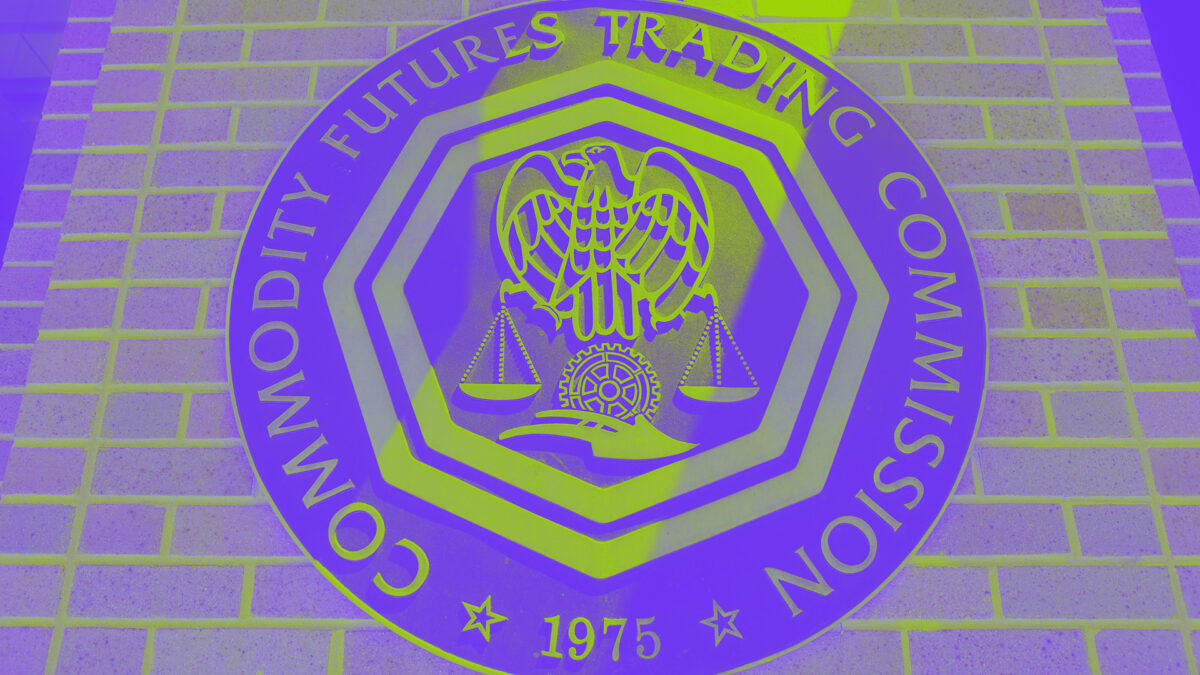
Tyler Winklevoss Doubts Trump's CFTC Pick
The Winklevoss twins, founders of Gemini, are doubling down on their opposition to Brian Quintenz’s nomination as chair of the Commodities Futures Trading Commission (CFTC). Tyler Winklevoss claims that Quintenz, a former executive at Andreessen Horowitz, is rife with conflicts of interest and lacks the appropriate mindset for such a pivotal role. Initially, Quintenz’s nomination, announced by President Donald Trump in February, was met with celebration from some crypto leaders, including Cameron Winklevoss. Recently, however, the White House requested a delay in the Senate Agriculture Committee's vote on the nomination, which has raised eyebrows. Lawmakers had aimed to push through the nomination, but the vote was canceled for unspecified reasons. Some speculate a missing vote count or concerns from the American Gaming Association about his stance on prediction markets may have influenced the decision. Tyler and Cameron Winklevoss, among other industry figures, have amplified their concerns regarding Quintenz’s agenda. Tyler emphasized, "Many in our industry have serious concerns with this nomination." Critics of Quintenz highlight three primary issues with his nomination: his allegedly antithetical views on crypto coding, a bureaucratic track record, and his support for Central Bank Digital Currencies (CBDCs). Additionally, his ties to the a16z venture firm and a board position at Kalshi raise potential conflicts of interest. Winklevoss, a supporter of Trump, declared that Quintenz does not align with the President's policies and is contrary to crypto and decentralization principles. For instance, Quintenz's support for direct liability for smart contract developers—suggesting coders could be held accountable for how their code is used—intrigues many in the industry. Moreover, Quintenz’s proposed budget increase for the CFTC conflicts with Trump’s agenda to reduce government size and bureaucracy. Concerns also abound about the potential negative effects of his nomination on key crypto legislation, such as the Clarity Act, which risks creating regulatory barriers if not executed correctly. Another critique stems from investigations by prediction market expert Dustin Gouker, revealing troubling inquiries made during Quintenz’s nomination about non-public information related to competing markets. Despite these serious objections, the Winklevoss twins and others have yet to propose an alternate candidate. If Quintenz’s nomination fails, the potential options include maintaining Acting Chair Caroline Pham, appointing SEC Chair Paul Atkins for dual leadership, or seeking another nominee. Tyler Winklevoss reiterated the importance of not compromising the progress the crypto industry has made under the current administration.
FAQ
❓ What are Tyler Winklevoss's main concerns about Quintenz?
Tyler Winklevoss raises concerns about Quintenz's conflicts of interest, his views on crypto coding, and support for CBDCs.
❓ Why was the Senate vote on Quintenz's nomination delayed?
The White House requested a delay, which may relate to missing vote counts or concerns from industry groups.
❓ What could be the impact of Quintenz's nomination on crypto legislation?
His nomination might adversely affect ongoing crypto market structure legislation like the Clarity Act.